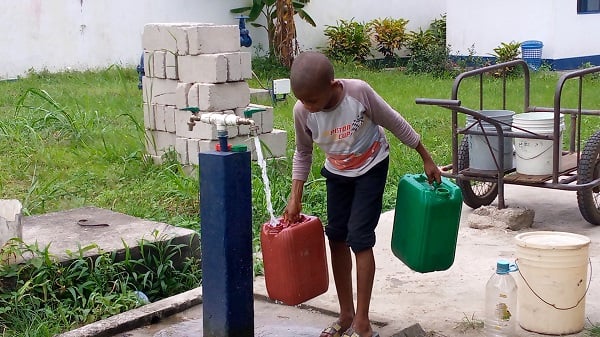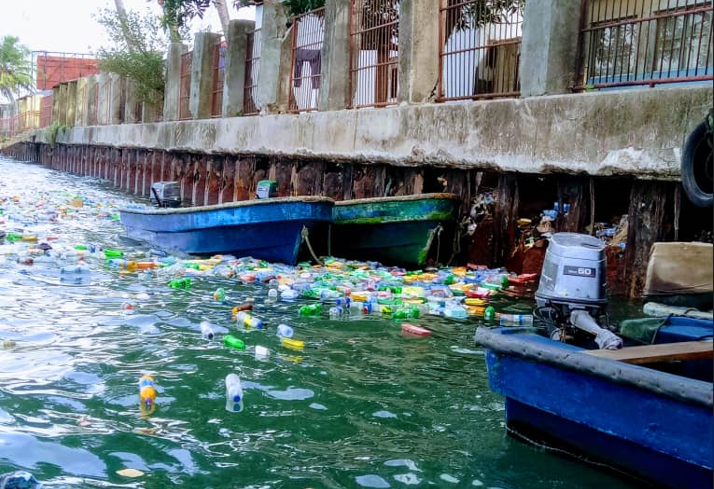The Society for Planet Prosperity (SPP) in collaboration with GCA Capital Partners and Climate Advisers Network, Berlin, is set to assist Nigeria in achieving its net-zero targets.
In 2021, TheCable reported that during the UN climate change conference (COP26) in Glasgow, President Muhammadu Buhari pledged that by 2060, Nigeria would reach net zero emissions.
In a statement on Monday, the SPP said it has identified measures that would enable socio-economic development in the country while advancing its net-zero plans.
It said the project, together with other mitigation programmes, would be beneficial to government policies and activities aimed at tackling the challenges of climate change.
Advertisement
The SPP said the measures cut across almost every sector and were chosen based on economic diversification, gender equality, food security, and environmental health, amongst others.
“The top 11 measures include: on- and off-grid generation of renewable electricity, a minimum of 30 percent of on-grid electricity from renewables; elimination of diesel and gasoline generators for electricity generation by 2030,” the statement reads.
“Plant 300 million trees and promote agro-forestry, reforestation, and afforestation, including community-based forest management and recovery; end associated gas flaring by 2030; reduce wood cooking from the current 72 percent of the population to 20 percent of the population by 2030 – introducing clean cooking into 30 million households;
Advertisement
“Embark on the construction of 300 thousand green homes in the next 12 months and 1.5 million over the next 5 years; a modal shift in transport by realizing a shift of passengers to bus rapid transport (BRT) – backed up by enforcement of emissions standards in vehicles.”
Other measures are to “end landfilling of untreated waste and transit into properly designed and managed landfills with state-of-the-art gas collection; increase the amount of irrigated land using renewable energy for pumping from 24.35 percent to 100 percent and associated increase use of off-grid power in communities.
“Consistent economy-wide energy efficiency improvements -50% from 2015 baseline, examples are reducing electricity transmission losses and replacing 4 million incandescent bulbs with tubular fluorescent lamps (TFLs) or light-emitting diode (LEDs) equipment standards; landscape-scale restoration and recharging of the Lake Chad basin”.
These measures, the SPP said, if implemented within five years, are estimated to result in an “emission reduction of about 174.01 million metric tons of carbon dioxide by 2030”.
Advertisement
Add a comment






